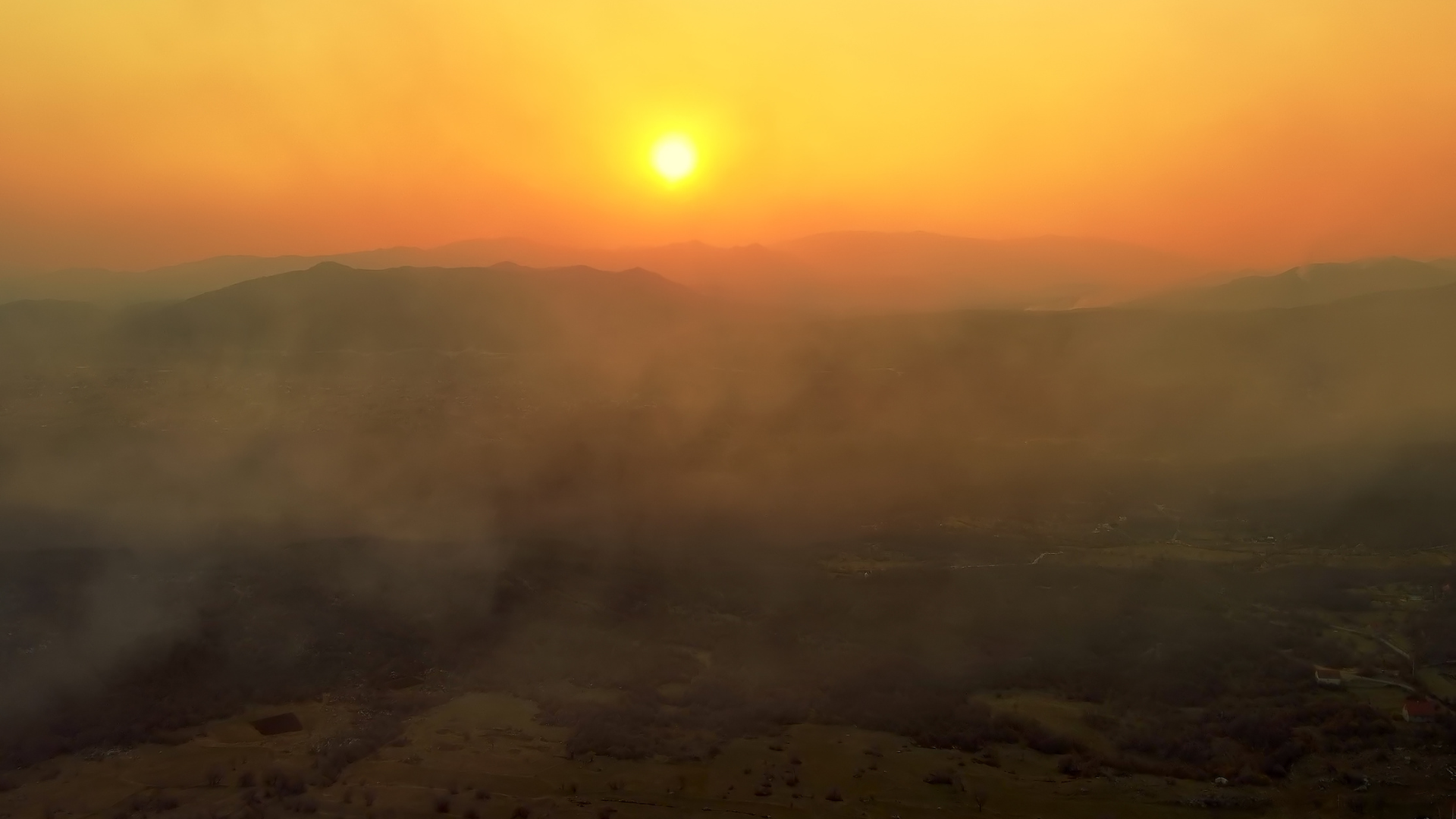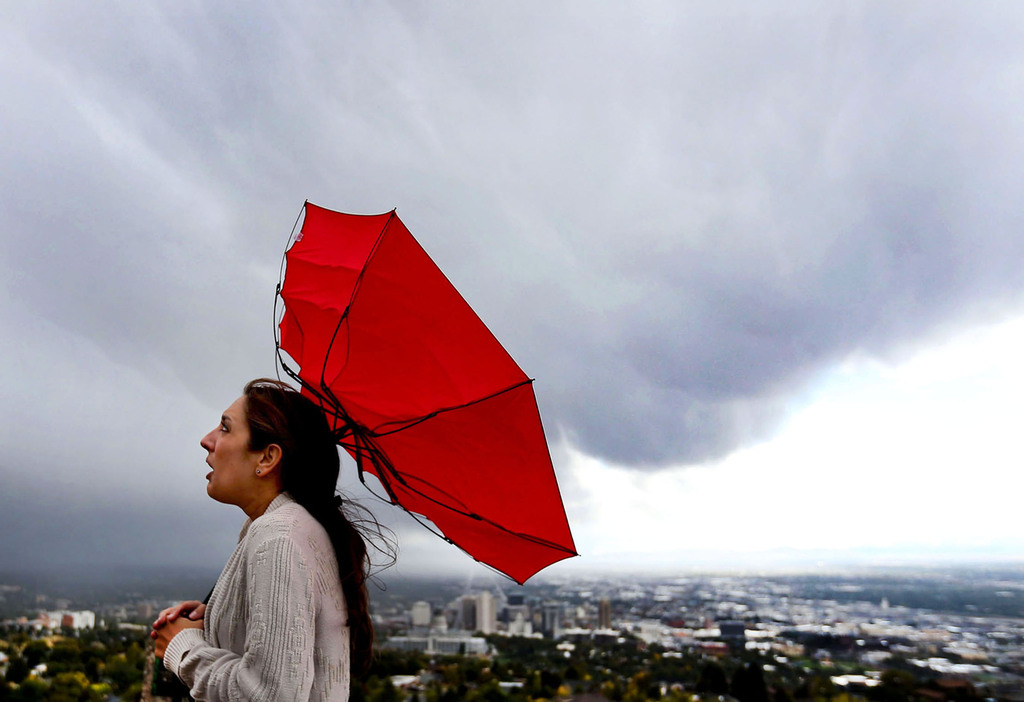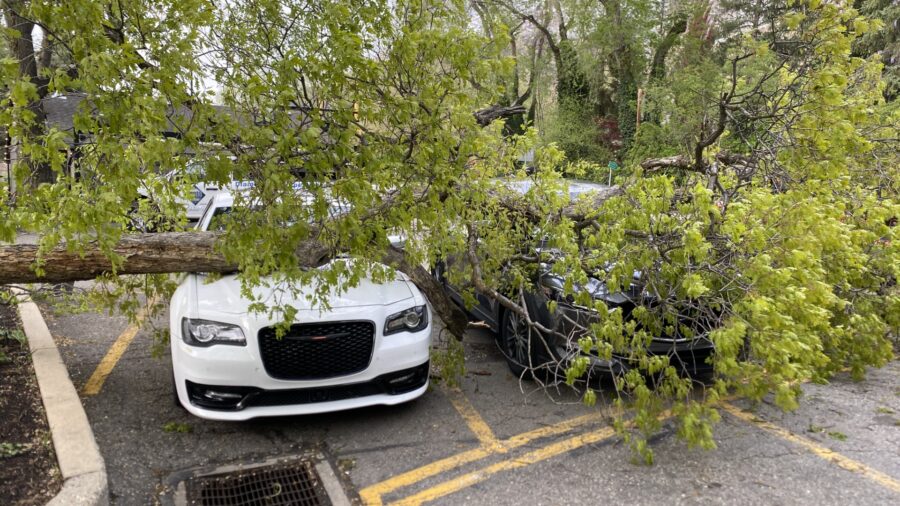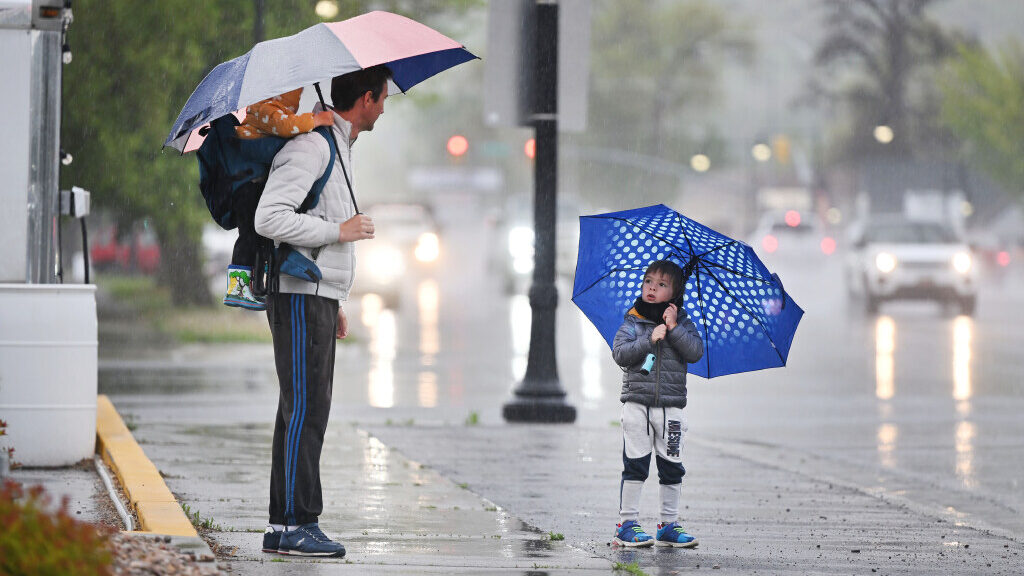Coping with poor air quality
Jun 25, 2023, 12:00 PM | Updated: Sep 5, 2023, 2:55 pm

(Canva)
(Canva)
SALT LAKE CITY – Lately we’ve been seeing poor air quality in the U.S., whether it’s due to wildfires or even just strong wind. Unfortunately, there are both physical and mental health risks to this.
In the latest Let’s Get Moving with Maria podcast episode, host Maria Shilaos spoke with Dr. Amanda Bakian, Associate Professor of Psychiatry at the University of Utah, to learn how we can cope with poor air quality.
Different levels of air quality affect us in several ways. There is research that shows its effect on physical health, such as cardiovascular disease, respiratory disease, and overall mortality.
“It’s only been more recently that we have started to shift our paradigm to consider other health outcomes—specifically mental health outcomes,” Dr. Bakian said.
Maria shared her recent experience of passing by New York on a plane ride back home. She noticed how her mood changed suddenly after seeing how abnormal the air quality looked from above.
Fortunately, there are some ways you can counteract the negative impacts of poor air quality.
“First, stay aware of what the air quality is looking like in your community,” Dr. Bakian said.
You can check this by going into the weather app on your phone. This can be extremely helpful because it gives very specific information based on your location.
Although it’s best for everyone to take caution, some just have to be extra careful.
“Our youth and adolescents are particularly sensitive to poor air quality, and our older populations as well… and individuals who have certain underlying health conditions,” Dr. Bakian said.
In case of a bad air day, she recommends wearing a decent face mask, like a KN95, to protect yourself.
Follow Let’s Get Moving with Maria on Facebook and Instagram.












